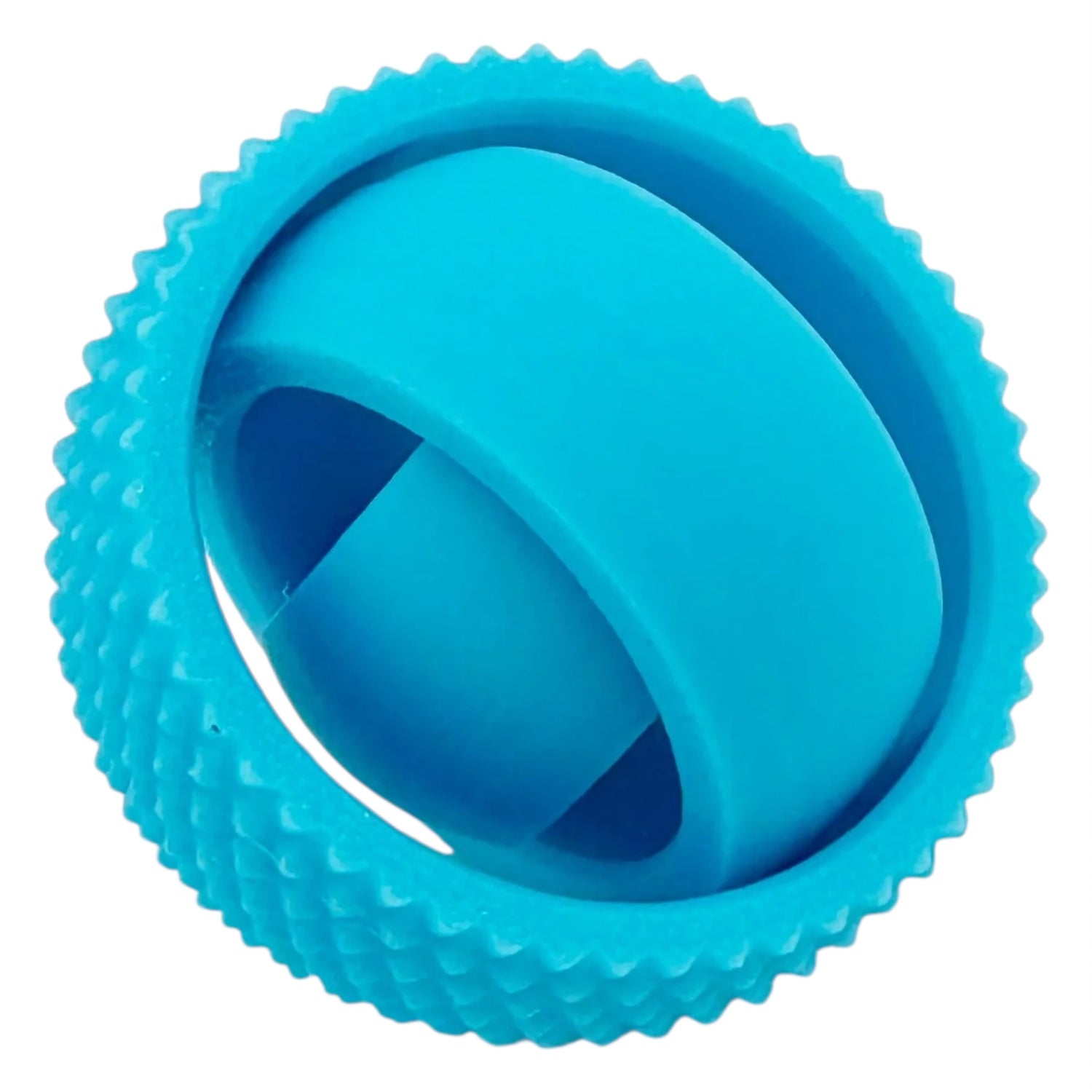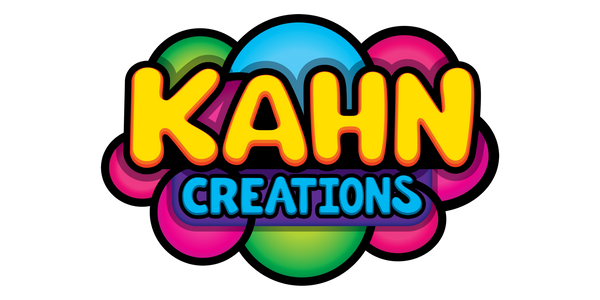Fidgets and sensory toys in the work place
Share
In recent years, the traditional office space has undergone a significant transformation. Desks with rigid chairs are making way for standing workstations, nap pods, and ergonomic seating. Similarly, fidget toys and sensory products are becoming increasingly common in modern workspaces, and for good reasons. These small, discreet items—ranging from gyro fidgets to sensory chew necklaces—have proven to be more than just novelties; they can positively impact focus, reduce stress, and create a more inclusive environment for employees, especially those with ADHD.
The Purpose of Fidget and Sensory Toys
Fidget and sensory toys are designed to engage the senses and provide a tactile experience. The repetitive motion or sensory input can help individuals, both children and adults, to focus their attention and manage their emotions. In the workplace, these toys serve as tools to enhance concentration, reduce distractions, and alleviate stress.
Boosting Focus and Productivity
Research has shown that incorporating fidget and sensory toys in the workplace can lead to improved focus and productivity. By allowing employees to engage in subtle movements or sensory stimulation, these toys can help channel restless energy into a productive outlet. This can result in better concentration on tasks and increased efficiency in completing work assignments.
Reducing Stress and Anxiety
Stress and anxiety are common experiences in the workplace, impacting employee well-being and performance. Fidget and sensory toys offer a simple yet effective way to reduce stress levels. The act of fidgeting or using sensory tools can promote relaxation, calm the mind, and provide a moment of respite during hectic workdays. This can contribute to a more positive work environment and improved mental health among employees.
Promoting Inclusivity and Accommodating Different Needs
One of the key benefits of incorporating fidget and sensory toys in the workplace is the promotion of inclusivity. These tools can cater to the diverse needs of employees, including those with ADHD, autism, or sensory processing disorders. By providing access to fidget and sensory toys, employers demonstrate a commitment to creating a supportive and accommodating work environment for all individuals, regardless of their neurodiversity.
Overall, the benefits of fidget and sensory toys in the workplace are clear. From boosting focus and productivity to reducing stress and promoting inclusivity, these small yet impactful tools have the potential to enhance the well-being and performance of employees across various industries.

